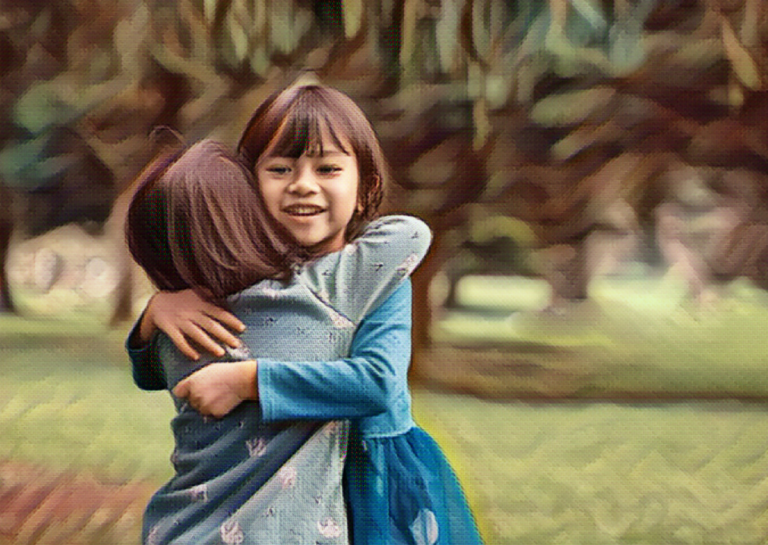Introduction
Forgiveness is an important skill in children and adults for restoring relationships and limiting future conflicts. But, when people upset you, no matter how much time has passed, the pain may still be there. In this quick tip episode, we identify two things parents can do to teach their children forgiveness, and what makes others more likely to receive forgiveness.
What Makes Children Likely To Forgive
A recent psychology study done at North Carolina State University identified what makes children more likely to forgive others from early childhood to adolescence. In the study, researchers led each child through a series of scenarios involving other children who are “in group” and “out group.” Specifically, each study participant was told they were either part of the green group or yellow group. In interviews, researchers described some children in the scenarios as also being on their team, while other children in the scenarios were on the other team. In each scenario, interviewers asked study participants whether they were willing to forgive a group that left them out of a game or activity.
3 Main Findings
There were three main findings from this study of children between ages 5 and 14. First, children are more likely to forgive someone if they have apologized. Second, children are more likely to forgive people who are “in group.” Third, the more advanced a child’s Theory of Mind skills are, meaning their ability to see others’ perspectives, the more likely they are to forgive others. What this means is that kids have sophisticated abilities to forgive others, are capable of restoring relationships and are usually interested in doing so.
What Parents Can Do
Researchers identified two things that parents and teachers can focus on to promote forgiveness. One is by helping kids understand how important it is not not only apologize but to do in a meaningful way. Children, like adults, can recognize an insincere apology which doesn’t lead to forgiveness. The apology needs to make clear that someone understands why what they did was wrong. This also makes other kids more likely to give them a second chance. To practice this, you can give your child play scenarios and ask them to either make an apology or accept an apology.
The second focus area is helping kids understand the perspectives of other people, even if they are different from yours. According to Dr. Kelly Lynn Mulvey, lead author of the study, this is one of the biggest implications of the study. This means teachers and parents need to actively help their children develop theory of mind skills. A good starting point to promote these skills is to explain the rationale behind their actions and how they may make others feel. This helps them recognize the cause and effect on others of the their actions or words. Helping young people develop these skills in childhood, sets them up to navigate a diverse and complex world and their relationships.

